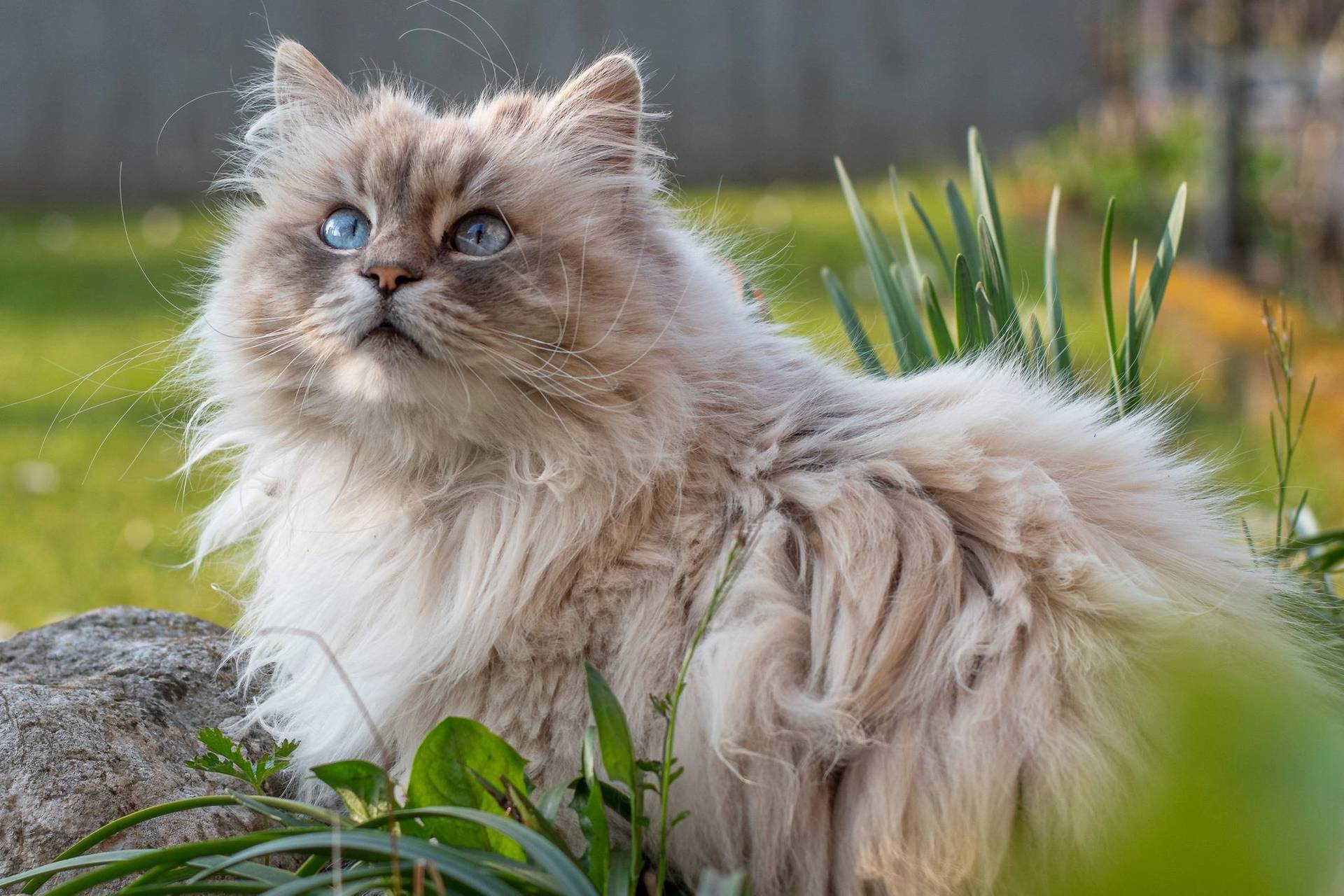Subscribe to wiki
Share wiki
Bookmark
Cute Cats
We've just announced IQ AI.
Cute Cats
Cats, known for their adorable appearance and charming personalities, have been beloved companions to humans for thousands of years. These small, furry felines are renowned for their independence, playfulness, and ability to form strong bonds with their human caregivers.
Overview
Cats (Felis catus) are domesticated members of the Felidae family, which includes big cats like lions and tigers. They are believed to have been first domesticated around 9,500 years ago in the Near East[1]. Today, cats are one of the most popular pets worldwide, with an estimated 600 million cats living in households across the globe[2].
These fascinating creatures are known for their agility, keen senses, and predatory instincts. Despite their domestication, cats retain many of their wild ancestors' traits, making them both intriguing and sometimes mysterious to their human companions. Their cute appearance, combined with their complex personalities, has made them a subject of fascination in various cultures and a popular theme in art, literature, and social media.
Characteristics
Physical Features
-
Size: Most domestic cats weigh between 8-10 pounds (3.6-4.5 kg), though this can vary significantly by breed[3].
-
Lifespan: The average lifespan of an indoor cat is 13-17 years, with some living into their 20s[4].
-
Senses:
- Excellent night vision
- Acute hearing, capable of detecting ultrasonic sounds
- Highly developed sense of smell
Behavior
- Independence: Cats are known for their self-reliant nature, often preferring to explore and play on their own terms.
- Grooming: They spend a significant portion of their day grooming themselves, which helps maintain their coat and regulate body temperature.
- Communication: Cats use a variety of vocalizations, body language, and scent marking to communicate with humans and other cats.
- Hunting instincts: Even well-fed house cats often display hunting behaviors, such as stalking and pouncing on toys or small objects.
Popular Breeds
There are over 70 recognized cat breeds, each with its own unique characteristics. Some of the most popular include:
- Maine Coon: Known for their large size and friendly personalities
- Siamese: Distinctive appearance and vocal nature
- Persian: Long-haired with a flat face and calm demeanor
- Bengal: Spotted coat resembling wild cats and high energy levels
- Scottish Fold: Characterized by folded ears and sweet expression
Dr. John Bradshaw, a cat behavior expert, notes: "Each cat breed has its own distinct personality traits, but individual cats within a breed can vary greatly. It's important to remember that every cat is unique."[5]
History and Domestication
The domestication of cats is believed to have begun in the Fertile Crescent region around 7500 BCE. Early agricultural societies likely welcomed cats for their ability to control rodent populations that threatened grain stores[6]. Over time, the relationship between humans and cats evolved from one of mutual benefit to companionship.
Timeline of Cat Domestication:
- c. 7500 BCE: Evidence of early cat domestication in Cyprus
- c. 3000 BCE: Cats depicted in Egyptian art and mythology
- 1000s CE: Cats spread throughout Europe and Asia
- 1600s CE: Cats arrive in the Americas with European settlers
Care Tips
Proper care is essential for maintaining a cat's health and happiness. Key aspects of cat care include:
- Nutrition: Provide a balanced diet appropriate for the cat's age and health status.
- Exercise: Encourage play and activity to maintain physical and mental health.
- Grooming: Regular brushing, especially for long-haired breeds.
- Health care: Annual veterinary check-ups and vaccinations.
- Environmental enrichment: Provide scratching posts, toys, and climbing structures.
"The key to a happy cat is understanding their needs and providing an environment that allows them to express their natural behaviors," says feline behaviorist Jackson Galaxy[7].
Cultural Significance
Cats have played significant roles in various cultures throughout history:
- Ancient Egypt: Cats were revered and even worshipped, associated with the goddess Bastet.
- Japan: The Maneki-neko (beckoning cat) is a common lucky charm and figurine.
- Internet culture: Cats have become iconic in memes, videos, and social media content.
Why Cats Are Loved
Cats have captured the hearts of millions for various reasons:
- Low-maintenance companionship
- Stress-reducing effects of petting and purring
- Amusing and entertaining behaviors
- Ability to form strong bonds with humans while maintaining independence
- Adaptability to different living situations, including small apartments
A study published in the journal "Anthrozoös" found that cat owners reported lower stress levels and higher quality of life compared to non-pet owners[8].
In conclusion, cats continue to captivate humans with their cute appearance, intriguing behaviors, and ability to provide companionship while maintaining their independence. Their long history of coexistence with humans and their adaptability to modern lifestyles ensure that these charming felines will remain beloved pets for generations to come.
[1] Driscoll, C. A., et al. (2007). The Near Eastern Origin of Cat Domestication. Science, 317(5837), 519-523. [2] World Atlas. (2021). How Many Cats Are There In The World? [3] American Veterinary Medical Association. (2022). Cat Care: Weight. [4] Cornell Feline Health Center. (2023). The Special Needs of the Senior Cat. [5] Bradshaw, J. (2013). Cat Sense: How the New Feline Science Can Make You a Better Friend to Your Pet. [6] Hu, Y., et al. (2014). Earliest evidence for commensal processes of cat domestication. Proceedings of the National Academy of Sciences, 111(1), 116-120. [7] Galaxy, J. (2012). Cat Daddy: What the World's Most Incorrigible Cat Taught Me About Life, Love, and Coming Clean. [8] Bao, K. J., & Schreer, G. (2016). Pets and Happiness: Examining the Association between Pet Ownership and Wellbeing. Anthrozoös, 29(2), 283-296.
See something wrong?
